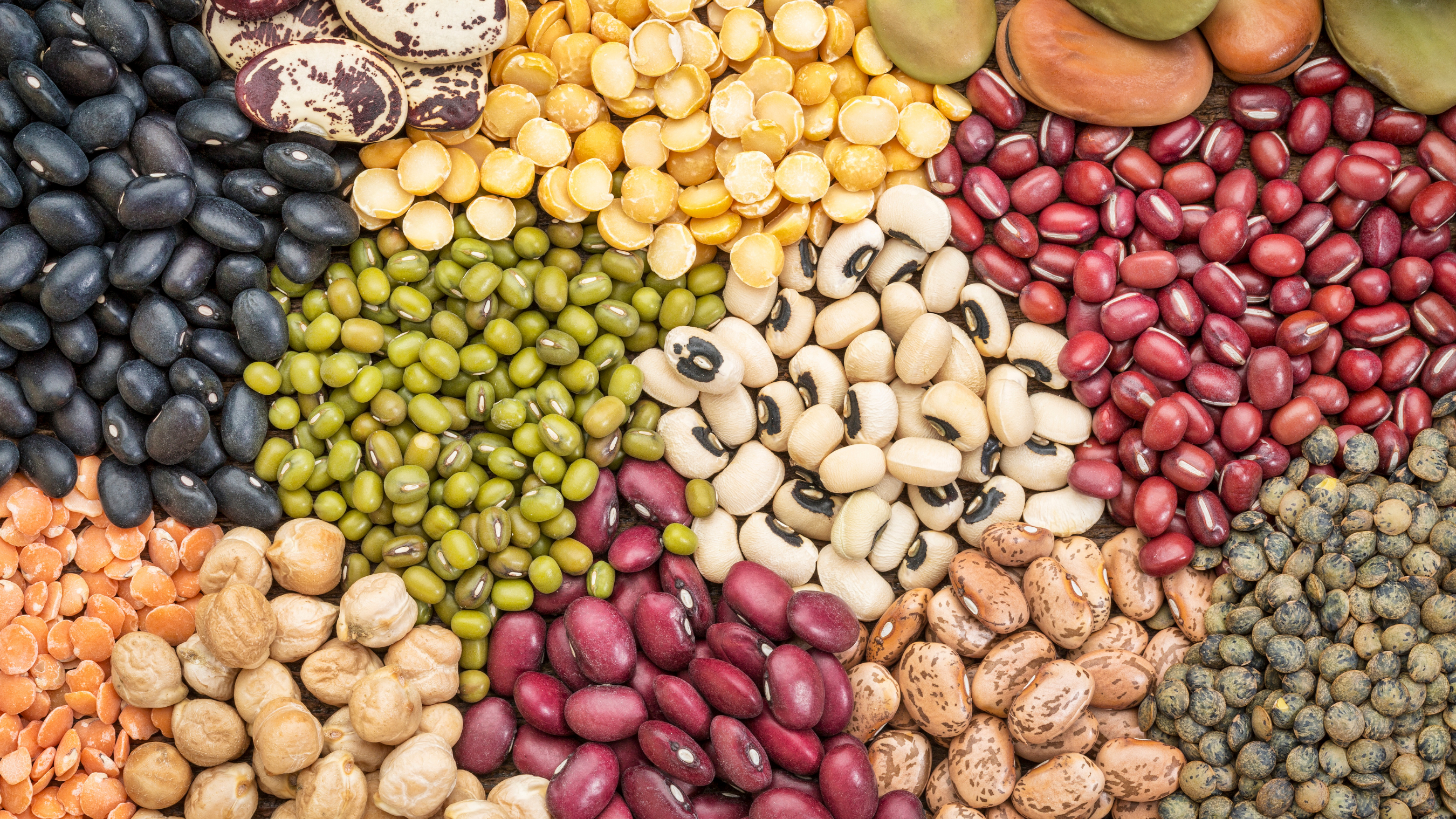
Why are eggs so expensive?
Published:
Updated:
Need the full story?
Sign up for The Hustle to get the business world's wildest stories delivered daily. This one's on us.
Related Articles
-

-

America’s bean king is thriving amid the protein craze
-

Hate making returns? Hire someone to do it for you
-

In a digital world, people still love a good fountain pen
-

A growing hunger for scents good enough to eat
-

Atlanta funded a grocery store — and more are on the way
-

People really enjoy seeing what the average person eats in a day
-

Save a farm, cuddle a cow
-

Blind boxes are set to take over Christmas
-

How startups are trying to stop us from wasting food

